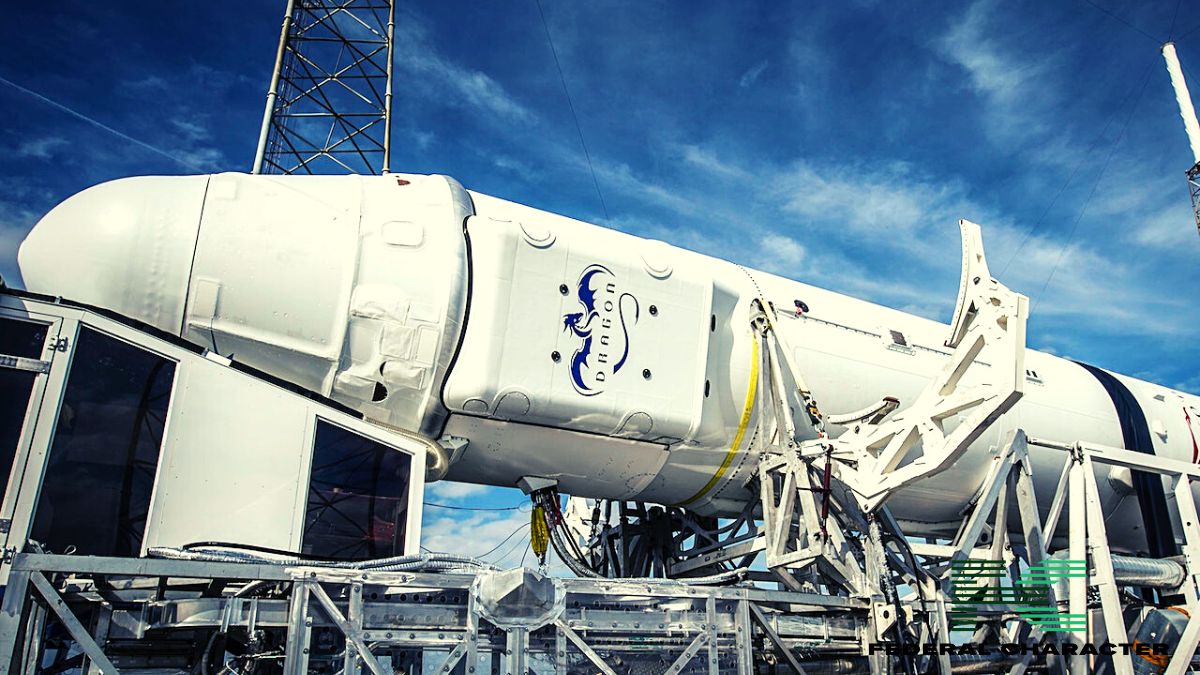Israel’s Defense Ministry announced on Thursday that it has successfully concluded its most significant defense deal to date, selling a sophisticated missile defense system worth $3.5 billion to Germany. The deal received the green light from the United States, a crucial step in its execution.
While Israel has maintained robust economic and military ties with Western European nations, this substantial agreement with Germany could raise eyebrows, particularly in the context of Israel’s ongoing relationship with Russia. Israel’s cooperation with Russia during the Ukraine conflict has been notable, and Israel has refrained from selling arms to Ukraine to avoid straining its ties with Russia.
Germany will acquire the cutting-edge Arrow 3 defense system, designed to intercept long-range ballistic missiles. Given that the system was jointly developed by Israel and the United States, the deal required endorsement from the U.S. State Department.
Israeli defense official Daniel Gold emphasized the significance of U.S. approval, stating that it represents a pivotal juncture in the strategic alliance between Israel and the United States. Gold further noted that the collaborative effort on the advanced Arrow 3 defense system bolsters Israel’s national defense and enhances Germany’s defense capabilities.
The completion of the sale necessitates further procedural stages, involving approval from both the Israeli and German parliaments. The Director of the Israeli Missile Defense Organization, Moshe Patel, confirmed that Germany will receive the complete components of the missile system by 2025, with the system reaching its full operational capacity by 2030.
In the past year, Germany initiated the European Sky Shield Initiative along with 17 other nations, including the United Kingdom and Sweden. This initiative aims to establish a shared European air defense system.
Uzi Rubin, former director of Israel’s missile defense program, indicated that Arrow 3 could potentially function as a long-range ballistic missile shield for all of Europe. He emphasized that while the system effectively defends against ballistic missiles, it does not offer protection against cruise missiles or other projectiles flying at lower altitudes.
Despite declining requests to supply Ukraine with weaponry, Israel has extended humanitarian aid to the country. With the move to finalize the deal with Germany, Israel seems to be banking on the fact that this transaction, along with a distinct missile defense system sale to NATO member Finland, involves solely defensive weaponry.
Israel’s relationship with Russia remains intricate, as the two countries collaborate on security matters in Syria. Israel has conducted numerous airstrikes against Iranian military installations in Syria, all while Russia houses a sizable Jewish community.














